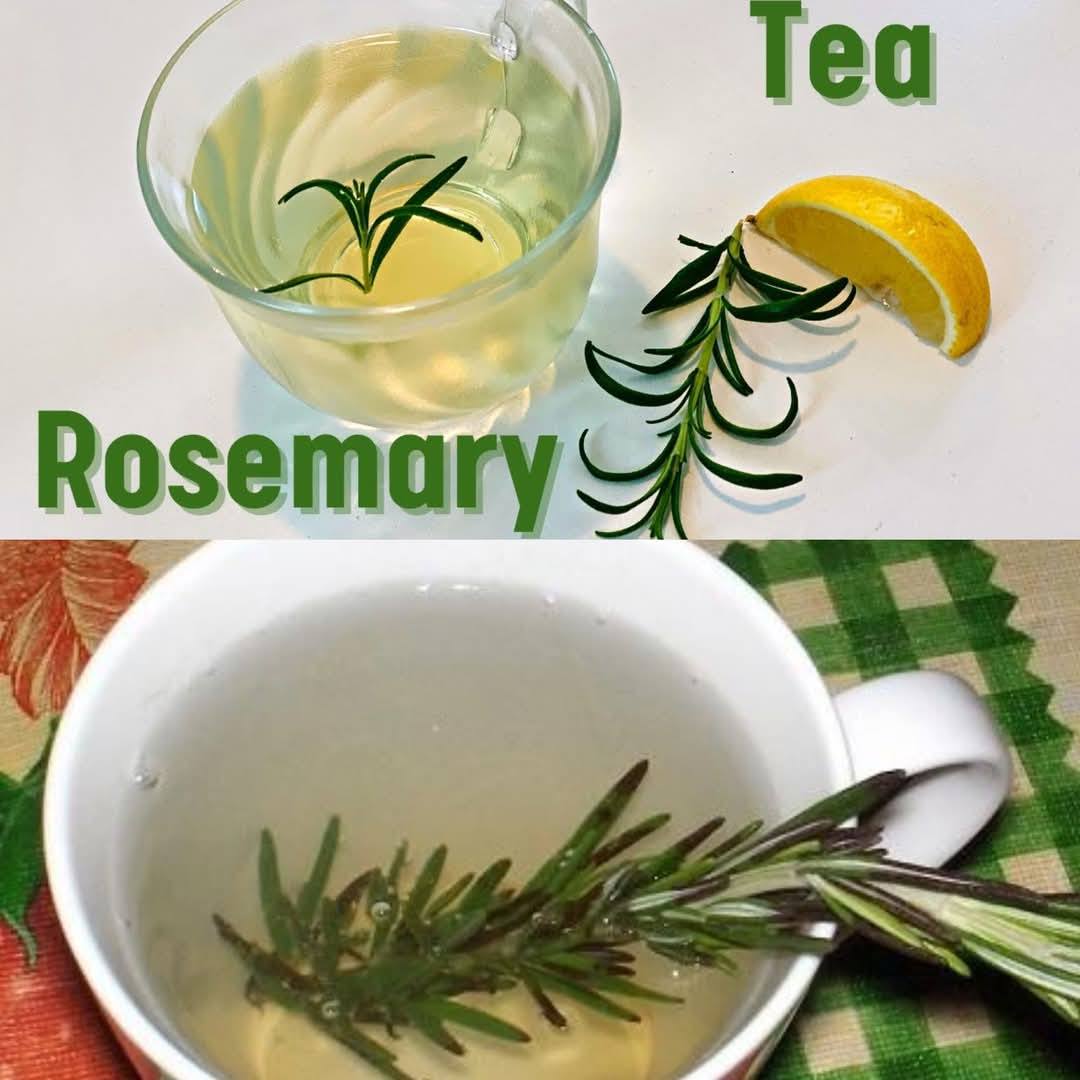ADVERTISEMENT
Instructions:
- Prepare the Rosemary:
- If you are using fresh rosemary, wash the sprigs thoroughly to remove any dirt or residue. Gently bruise the leaves by running your fingers along the stems to release the essential oils.
- If you are using dried rosemary, measure out 1-2 teaspoons. Make sure the rosemary is dried properly, as fresh rosemary has a stronger flavor and aroma.
- Heat the Water:
- Bring 1 cup of water to a boil. You can use a kettle or a small saucepan on the stove for this step. Once the water reaches a rolling boil, remove it from the heat.
- Steep the Rosemary:
- Add the fresh rosemary sprigs or dried rosemary leaves to your cup. Pour the hot water over the rosemary and cover the cup with a lid or small plate to trap the heat.
- Let the rosemary steep for 5-10 minutes, depending on how strong you want the flavor to be. The longer the rosemary steeps, the more intense the flavor will be.
- Strain the Tea (if using dried rosemary):
- If you used dried rosemary, you may want to strain the tea before drinking it. You can use a fine-mesh strainer or tea infuser to remove the leaves.
- Add Flavor (Optional):
- You can enjoy the rosemary tea plain, or you can enhance it with a few additions:
- Honey: A teaspoon of honey adds a natural sweetness to the tea. Honey also has its own set of health benefits, including soothing sore throats and boosting immunity.
- Lemon: A splash of fresh lemon juice can brighten up the tea and add a zesty twist.
- Mint: Add a few mint leaves for a refreshing taste that complements the rosemary’s earthy flavor.
- Ginger: Fresh ginger slices can add a warm, spicy kick to the tea, which pairs wonderfully with rosemary’s herbal notes.
- Serve and Enjoy:
- Sip the tea slowly and savor its aromatic, earthy flavor. Drink it hot to enjoy its soothing qualities, or chill it in the refrigerator for a refreshing iced tea option.
Tips for Making the Best Rosemary Tea
- Fresh vs. Dried Rosemary: Fresh rosemary gives the tea a more vibrant flavor, while dried rosemary has a more concentrated and robust taste. You can experiment with both to see which you prefer.
- Adjust Strength: If the flavor is too strong for your liking, you can dilute it with more water. Conversely, if you prefer a stronger taste, let it steep for a little longer or add more rosemary.
- Herb Combinations: Rosemary pairs well with other herbs like thyme, sage, or lavender. You can create your own custom herbal blends by combining rosemary with your favorite herbs for a unique flavor profile.
Best Time to Drink Rosemary Tea
Rosemary tea can be enjoyed at any time of day, but it’s particularly beneficial when consumed at specific times:
- Morning: Start your day with a cup of rosemary tea to boost mental clarity and improve focus. It can help you stay alert and energized throughout the day.
- After Meals: Enjoy rosemary tea after meals to aid digestion and relieve any bloating or discomfort.
- Before Bed: Drinking rosemary tea in the evening can help you relax and unwind, making it easier to fall asleep and improve sleep quality.
Conclusion
Rosemary tea is an incredibly versatile and health-boosting herbal beverage that’s easy to make and enjoyable to drink. Whether you’re looking to improve digestion, reduce stress, or enhance your memory, this fragrant tea offers a wide range of benefits. Best of all, you can easily make it at home with just a few simple ingredients.
So, the next time you’re looking for a calming and flavorful beverage, try brewing a cup of rosemary tea. Not only will you enjoy its unique taste, but you’ll also be reaping the many health benefits that come with this ancient herbal remedy. Whether hot or iced, rosemary tea is sure to become your new go-to drink!
ADVERTISEMENT
